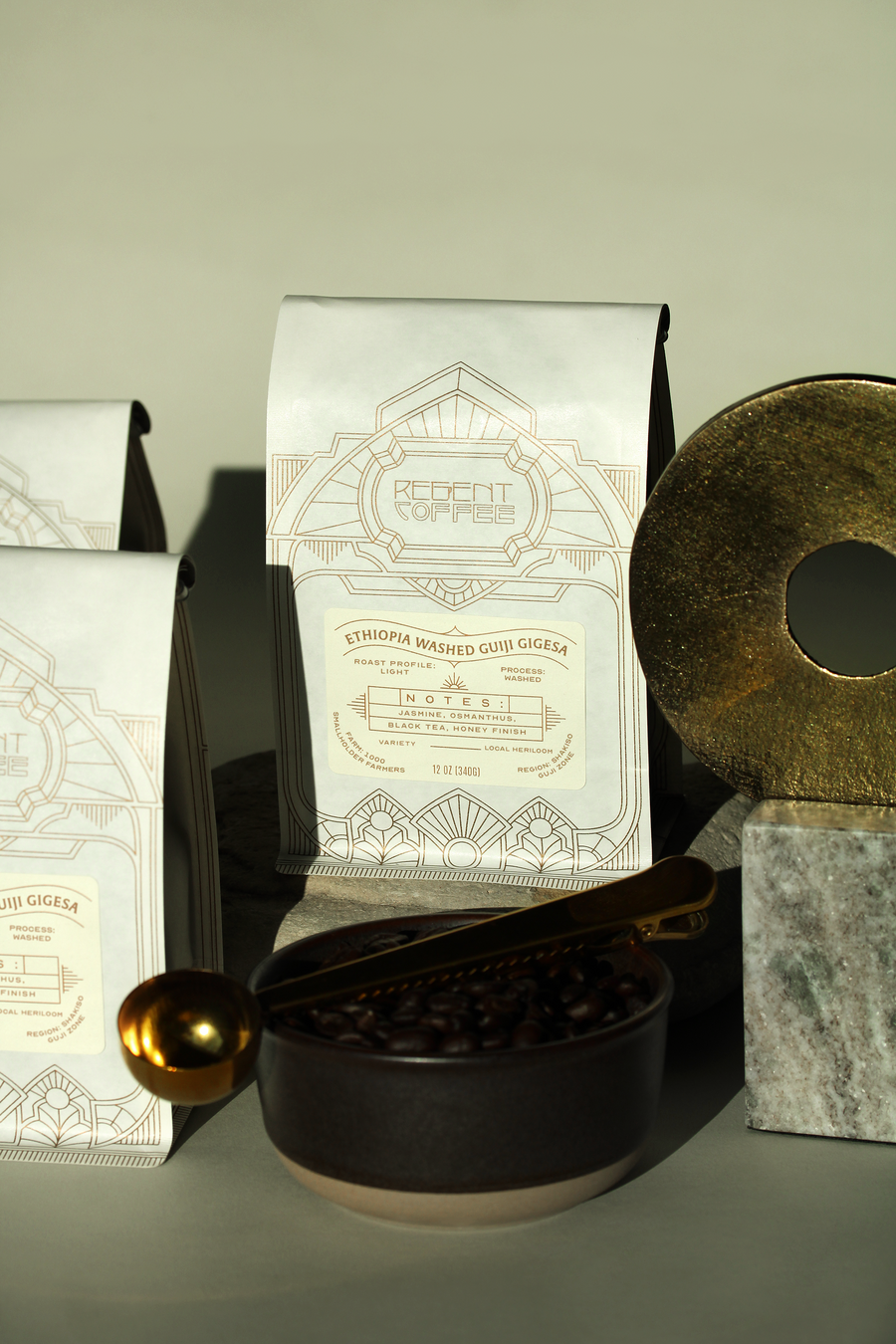How to Perk Up Your Plants with Leftover Coffee Grounds!
Hey there fellow plant enthusiasts and coffee addicts, I've got some dirt on a little secret: your leftover coffee grounds can actually give your plants a perk-me-up!
It's true, these precious little beans pack a punch of nitrogen, potassium, phosphorus, and magnesium that your plants will love.  And if that wasn't enough, the organic matter in coffee grounds also improves soil structure and drainage, making it easier for your plants to soak up all those nutrients. Coffee grounds can help to balance soil pH levels. While coffee grounds are acidic, they become more alkaline as they break down, which can be beneficial for plants that prefer a less acidic environment. This can be especially helpful if you're working with soil that is naturally more acidic.
And if that wasn't enough, the organic matter in coffee grounds also improves soil structure and drainage, making it easier for your plants to soak up all those nutrients. Coffee grounds can help to balance soil pH levels. While coffee grounds are acidic, they become more alkaline as they break down, which can be beneficial for plants that prefer a less acidic environment. This can be especially helpful if you're working with soil that is naturally more acidic.
Nutrients of Coffee Grounds
Let's talk about the nutrients that make coffee grounds so great for plants. Nitrogen is essential for leafy growth, while potassium helps with flower and fruit production. Phosphorus is important for root development, and magnesium is necessary for chlorophyll production, which helps with photosynthesis. Coffee grounds contain all of these nutrients in varying amounts, making them an all-in-one plant booster.
Soil Structure
But coffee grounds don't just provide nutrients - they also improve soil structure and drainage. The organic matter in coffee grounds acts like a sponge, absorbing water and slowly releasing it to the roots. This helps to prevent waterlogged soil, which can lead to root rot and other problems. Plus, the organic matter in coffee grounds helps to loosen compacted soil, making it easier for roots to grow and access nutrients.
Acidity of Coffee Grounds
Now, let's talk about the acidity of coffee grounds. As mentioned, coffee grounds are acidic, with a pH level of around 5. This can be great for plants that prefer acidic soil, like blueberries and azaleas. However, for plants that prefer more neutral or alkaline soil, like most vegetables and flowers, too much acidity can be a problem. So, it's important to use coffee grounds in moderation and to test your soil pH regularly to make sure it's not becoming too acidic.
But hold up, before you go overboard with your coffee ground usage, a word of caution - too much of a good thing can turn sour. Like mentioned earlier, coffee grounds are acidic, which can be great for some plants (hello blueberries!), but can be harmful for others. So, make sure to sprinkle your coffee grounds in moderation and check if your plant babies can handle the heat.
Pest Control
But what about pests? It's true, coffee grounds can help to keep slugs, snails, and other pests away from your plants. These critters don't like the texture or aroma of coffee grounds, so they'll often avoid areas where they're present. Plus, coffee grounds can also help to repel ants and cats, making them a great natural deterrent.
Final Thoughts
In short, coffee grounds can be a game-changer for your green friends, providing them with all the nutrients they need to grow big and strong. So, next time you're enjoying a cup of joe, remember to spread the love and give your plants a caffeine fix too!



Leave a comment